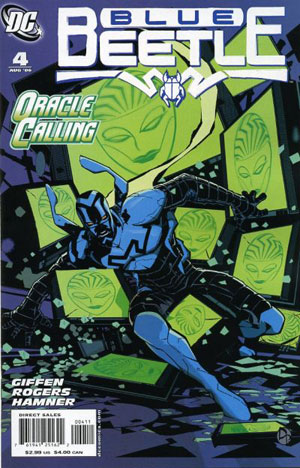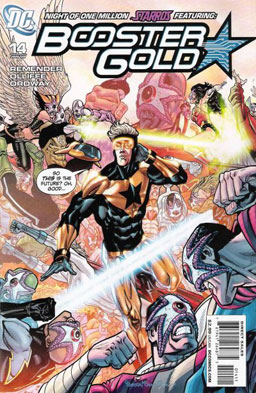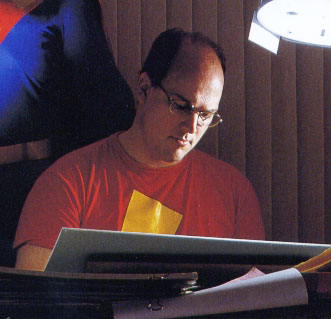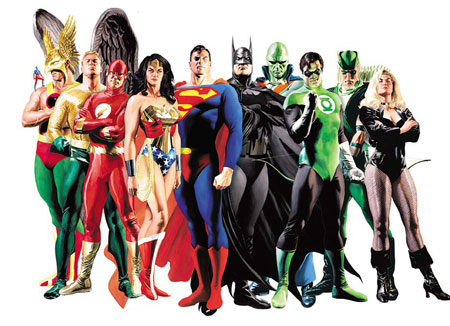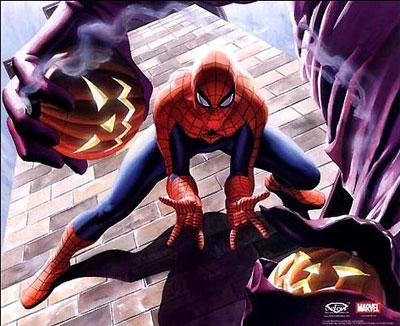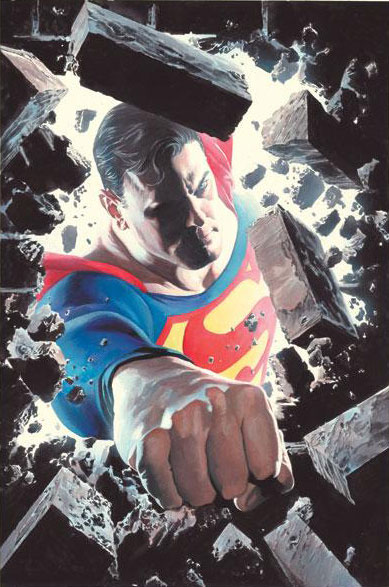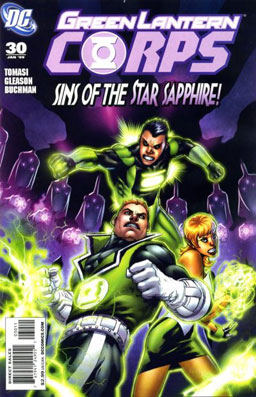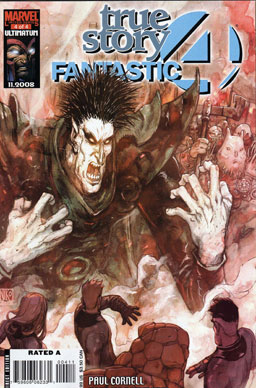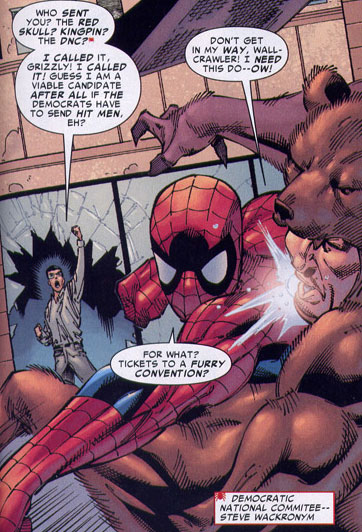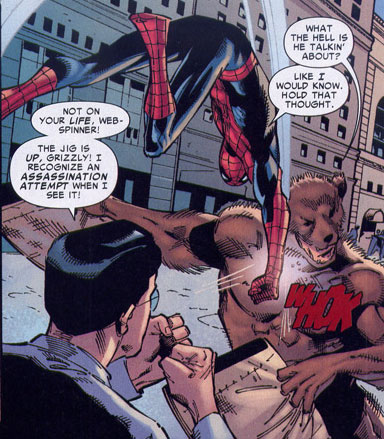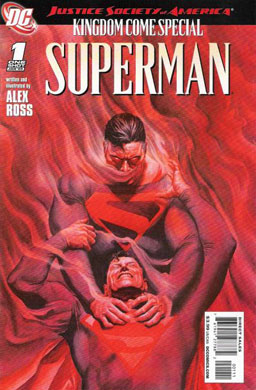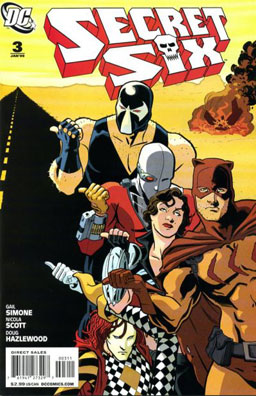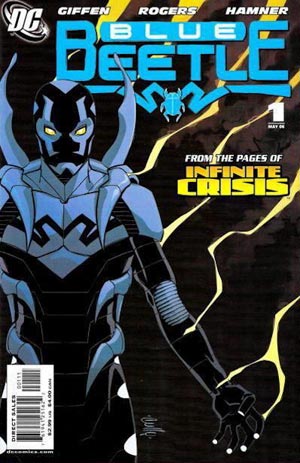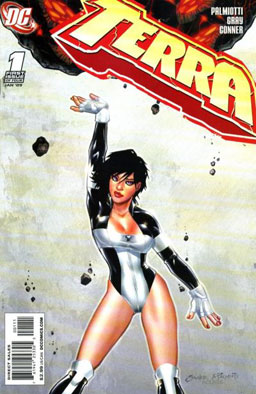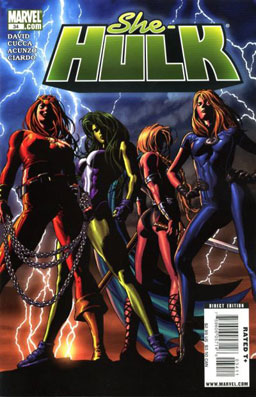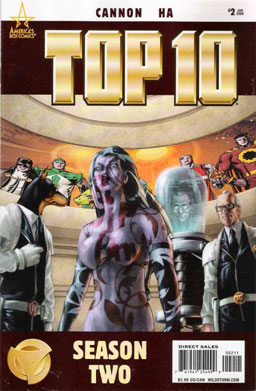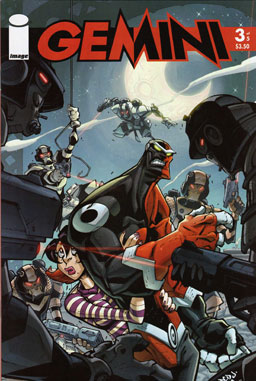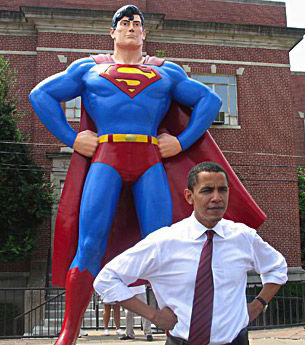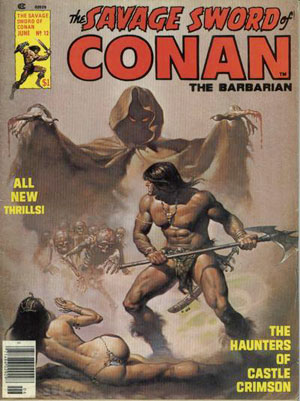Cancellation Roulette and the Digital Gamble
In light of the news of the cancellation of “Blue Beetle,” a comic that he helped turn into the best comic DC published, John Rogers ponders what the future might bring:
Although I’ve gotten some outraged e-mails from fans, I have to say this isn’t unexpected. Both DC and Marvel are in a weird place right now — are they publishing companies in a dying market or IP companies in a growing one? The answers to these questions demand different strategies, neither of which are necessarily the best circumstances for the creative participants.
Time to go creator-owned, and digitally distributed. Because that’s the only solution that makes sense for our side of the equation.
Go read the whole thing, as they say in the funny pages.
Do I think he’s right? Yeah, in a lot of ways, he’s right on the money. The only comics out there that are 100% guaranteed safe from cancellation are the ones starring Superman, Batman, and Spider-Man. In just the last week or so, Marvel and DC have announced the cancellations of comics about Blue Beetle, Manhunter, Robin, Nightwing, the Birds of Prey, and She-Hulk. All of those have lots of devoted fans, but they just can’t provide enough readers to make the books profitable.
And Rogers’ advice to go the creator-owned route and distribute your work digitally is something else that I think is pretty smart. If you’re an artist or writer, it’s hard to argue that your time would be better spent displaying your work online than haunting comics conventions trying to convince DiDio and Quesada to look at your portfolio. Web space can be found for cheap, if not free, and there are a lot more payment options out there, from micropayments to subscriptions to print-on-demand. Heck, I know folks who put their work online for free, just for the pleasure of getting their artwork out there for other people to enjoy.
It’s not a perfect solution. It still requires a lot of work, there’s still not a lot of chance that you’ll get Buddy-Holly-famous or Donald-Trump-rich, and the entire concept of digital distribution is still in its infancy, with lots of weird twists ahead if it’s going to mature into a seriously useful distribution model. But I still think it’s a pretty good idea.
What’s your take?
Comments off

